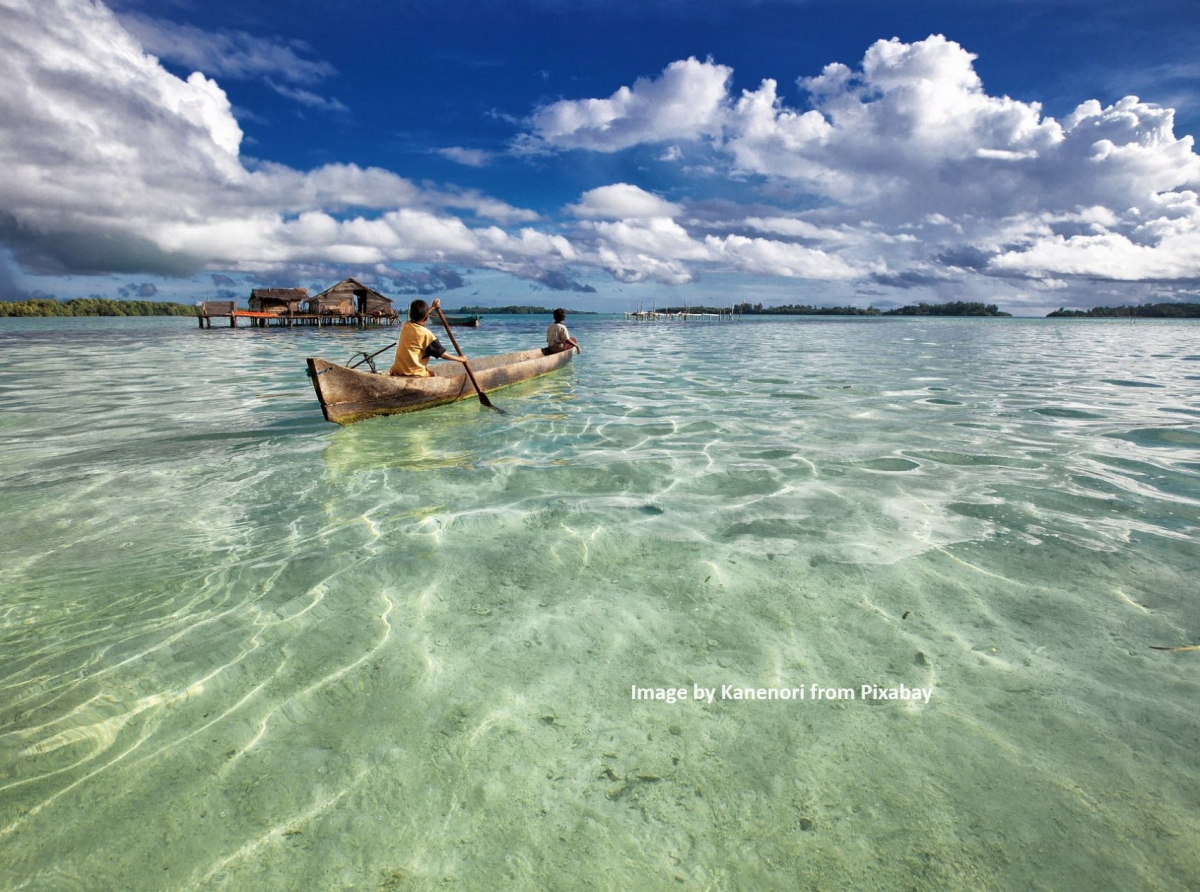Elisabeth Alber
New Caledonia is a French autonomous territory in the South Pacific whose constitutional status is designed to be transitional. It derives from the 1998 Nouméa Agreement, based on the 1988 Matignon-Oudinot Agreements. These Agreements ended violence between loyalist and indigenous groups and delayed a promised independence referendum by 30 years, in return for territorial and non-territorial autonomy. Indeed, the Nouméa Agreement provided the New Caledonian divided society with a power-sharing system that up to 2021 worked well. It recognizes the ‘Kanak people’ and ‘shared sovereignty’. It also entrenches procedural rules for a series of referendums that, if the restricted electorate had voted in favour, would have guaranteed full sovereignty to New Caledonia. In early 2024, two years after the inconclusive third and last independence referendum, tensions escalated and in May 2024, following deadly riots over a voting reform proposal, the French Government declared a 12-day state of emergency. There is no consensus on New Caledonia’s final constitutional status. Instead, dialogue between the parties has eroded and a true ‘Indigenous-settlers’ reconciliation is far from being reached. Combining historical background with recent legal and political analysis, this paper offers insight into the intricate history – and problematic present – of New Caledonia.





